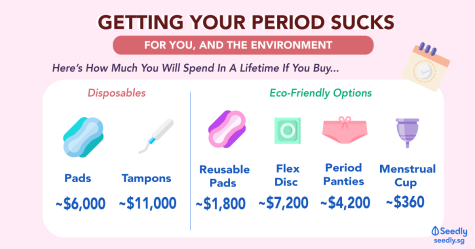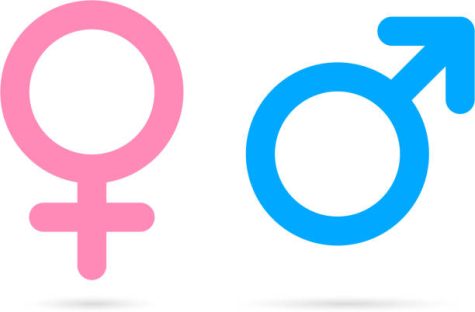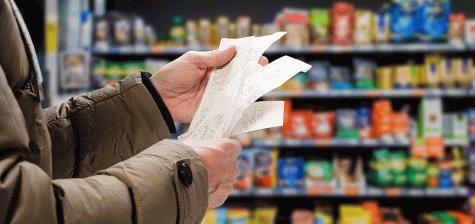Why it’s important your mom (and grandma) have a Facebook
A look into why adults don’t use technology and why they should
Recently, I saw an older gentleman slowly tapping away at the screen of an iPad. Curious to see what he was ingesting, I peered over his shoulder and looked at his screen. He was looking at his Facebook news feed and giggling.
This may seem crazy to you, but as of six months ago, 15 percent of Americans 18 and older do not use the internet. Like, at all.
That means 15 percent of people don’t watch adorably inspiring Kid President YouTube videos, don’t understand the modern intricacies that are Miley Cyrus’ tweets, and don’t get their (mostly false) celebrity gossip from TMZ.com.
But that also means that 15 percent of people don’t connect with their families online, don’t get the latest news on CNN.com and don’t have access to the wide information base the rest of us do. That is where the problem lies.
Princeton Survey Research Associates International found that when asked why those adults aren’t online, “34% of non-internet users think the internet is just not relevant to them, saying they are not interested, do not want to use it, or have no need for it,” “32% of non-internet users cite reasons tied to their sense that the internet is not very easy to use,” “19% of non-internet users cite the expense of owning a computer or paying for an internet connection,” and “7% of non-users cited a physical lack of availability or access to the internet.”
The first two listed percentages, the 34 percent and the 32 percent, are the most worrisome to me; those percentages give the impression that American adults don’t use the internet because they find it either irrelevant to their lives and/or scary because of the hyperbolized stories of rapid spam, spyware and hackers.
The internet, especially in its current form, is not useless to anyone, anywhere. Not only does it allow for instant access to Google searches that settle household disputes over topics like whether or not zebras are black with white stripes or white with black stripes, but being online gives an individual an entry into keeping up with the topics they most desire.
Yeah, WTHR and the Indianapolis Star do discuss about the outcome of last night’s Pacer’s game, but they don’t allow fans to get constant information about and from their favorite players via in-depth interviews on news sites and Instagram posts directly from the player himself.
The assumption that using the driving force of all technology, the internet, will cause your computer’s webcam to be hacked into or your identity to be stolen by opening up Internet Explorer is incredibly misleading, untrue and off-putting to potential users. As you probably know, you can use the internet safely to promote your own specific interests and to learn about topics you care about without your computer bursting into flames.
As for the other 85 percent of American adults online (and everyone who has access to read this article), I applaud you. So instead of getting red in the face the next time your grandma posts a baby picture on your wall or your mom tweets you using an uncool amount of emojis, you should be proud of them for taking the initiative to embrace the new way of the world.











